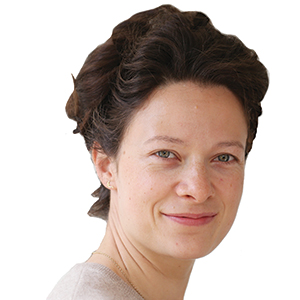One of my least favourite questions at dinner parties is the dreaded: “What do you do?” Perhaps it is just the circles I move in, but most people I encounter don’t know what theology is, and are quite likely to think that I said “geology”. Normally I respond with an evasive remark that spares me too much scrutiny. But the other evening my company was determined to get to the bottom of what I spend my time doing. So I found myself lamely explaining the truth of the matter: I don’t know.
I don’t know, because theology itself is in a perpetual and necessary state of crisis over what it is and does. It defines itself in such a way as to make itself impossible. It speaks of the unspeakable, it explores a territory with no horizon. It takes as its object what can never be an object. And this is what has always attracted me to theology: it somehow encompasses everything, because “God” cannot be identified with any one area of thought. I have always known that I could never be a specialist. I would have to be a theologian instead.
Consequently, as has often been observed, “theology” as an academic discipline does not fit well into the contemporary university. Modern academia is happy enough to have specialists in “religion” (though it often puts them in history, psychology or anthropology) but cannot really conceive of having specialists in “God”.
12 October 2016, The Tablet
Theology is in a perpetual and necessary state of crisis over what it is and does
Get Instant Access
Continue Reading
Register for free to read this article in full
Subscribe for unlimited access
From just £30 quarterly
Complete access to all Tablet website content including all premium content.
The full weekly edition in print and digital including our 179 years archive.
PDF version to view on iPad, iPhone or computer.
Already a subscriber? Login




